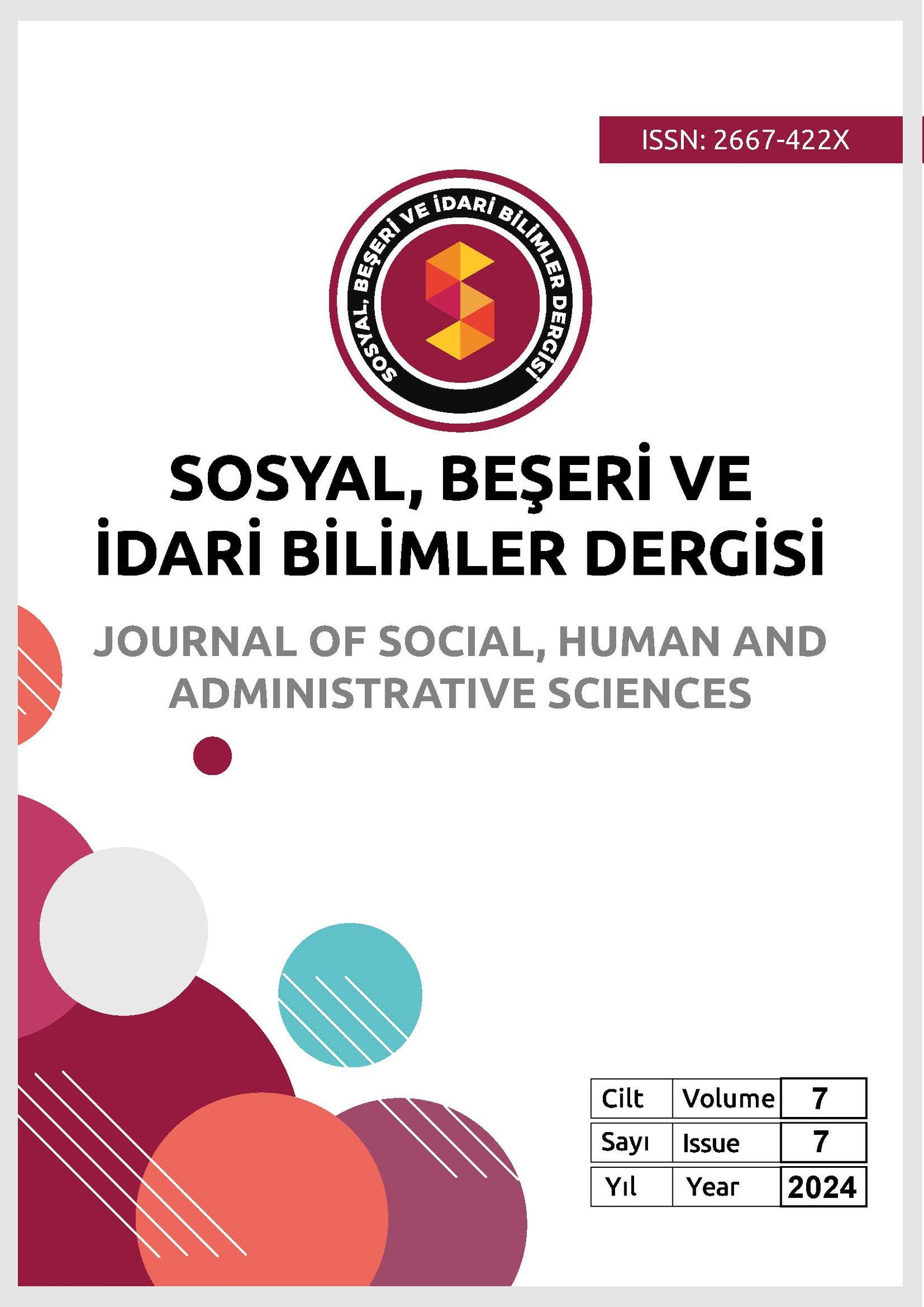Analysis of the Philosophy of Governance and Administrative Ethical Values in the Turkish Siyasetname Tradition: The Examples of Koçi Bey and Yusuf Has Hacip
Main Article Content
Abstract
This study addresses the philosophy of governance and managerial ethical values within the tradition of Turkish political treatises. It specifically analyzes these concepts through Kutadgu Bilig and Koçibey Risaleleri. Kutadgu Bilig, written by Yusuf Has Hacib in the 11th century, holds a significant place in Turkish intellectual history. Similarly, Koçibey Risaleleri, as a source from the Ottoman period, provides in-depth information on governance and ethics. One of the focal points of the study is the unique contributions of Kutadgu Bilig to the philosophy of governance within the rich history of Turkish political treatises. In this context, the governance understanding of the work, the responsibilities of the ruler, and the concept of justice are examined in detail. Additionally, the analysis of ethical values in Ottoman governance through Koçibey Risaleleri allows for a broader understanding of the Ottoman Empire's governance perspective. Koçibey Risaleleri, by depicting the ideal forms of governance and ethical values of Ottoman statesmen, serves as an essential source for understanding the political and social structure of the period. In this analysis, the governance principles, bureaucratic structure, and moral values of the Ottomans are thoroughly examined and compared with modern management theories. The study comprehensively addresses how Kutadgu Bilig and Koçibey Risaleleri shed light on contemporary political thoughts from the perspective of governance philosophy and ethical values. This study aims to contribute to the history of Turkish political thought and the evolution of ethical values. It particularly focuses on how these two significant works shaped the socio-political conditions and governance understandings of their time and how these understandings are reflected in contemporary management sciences. By emphasizing the importance of Kutadgu Bilig and Koçibey Risaleleri in the tradition of Turkish political treatises, this study opens the doors to a broader understanding of the evolution of governance philosophy and managerial ethical values. The study helps us understand the impact of historical governance and ethical values on contemporary management practices and political thought structures, thus providing a solid foundation for future research in this context. In this scope, the contributions of the Turkish political treatise tradition to modern governance understandings are also evaluated.
Article Details

This work is licensed under a Creative Commons Attribution 4.0 International License.

